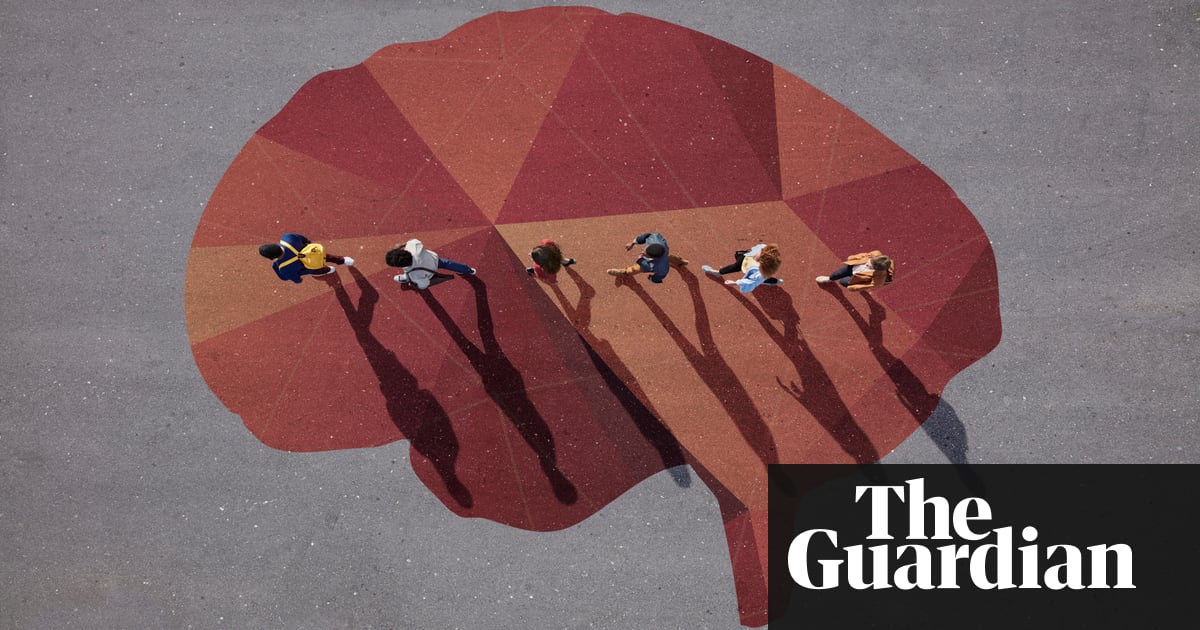Universities and Research Transparency: Are Times Changing?
As journals, societies, and funders have engaged with the reproducibility movement, we are starting to see early signs that university policies are moving in the right direction as well.

Send us a link
As journals, societies, and funders have engaged with the reproducibility movement, we are starting to see early signs that university policies are moving in the right direction as well.

Research findings based on HeLa cells cannot always be reproduced by other scientists. To get to the bottom of this lack of reproducibility, a group of system biologists working with ETH Professor Ruedi Aebersold has embarked on a massive project: molecular cell measurement.

When we reject failure, we create a culture of punishment, artificial rewards, and scientific bias. There are people running analyses and experiments right now which others will have undoubtedly done before, but just not communicated their results.
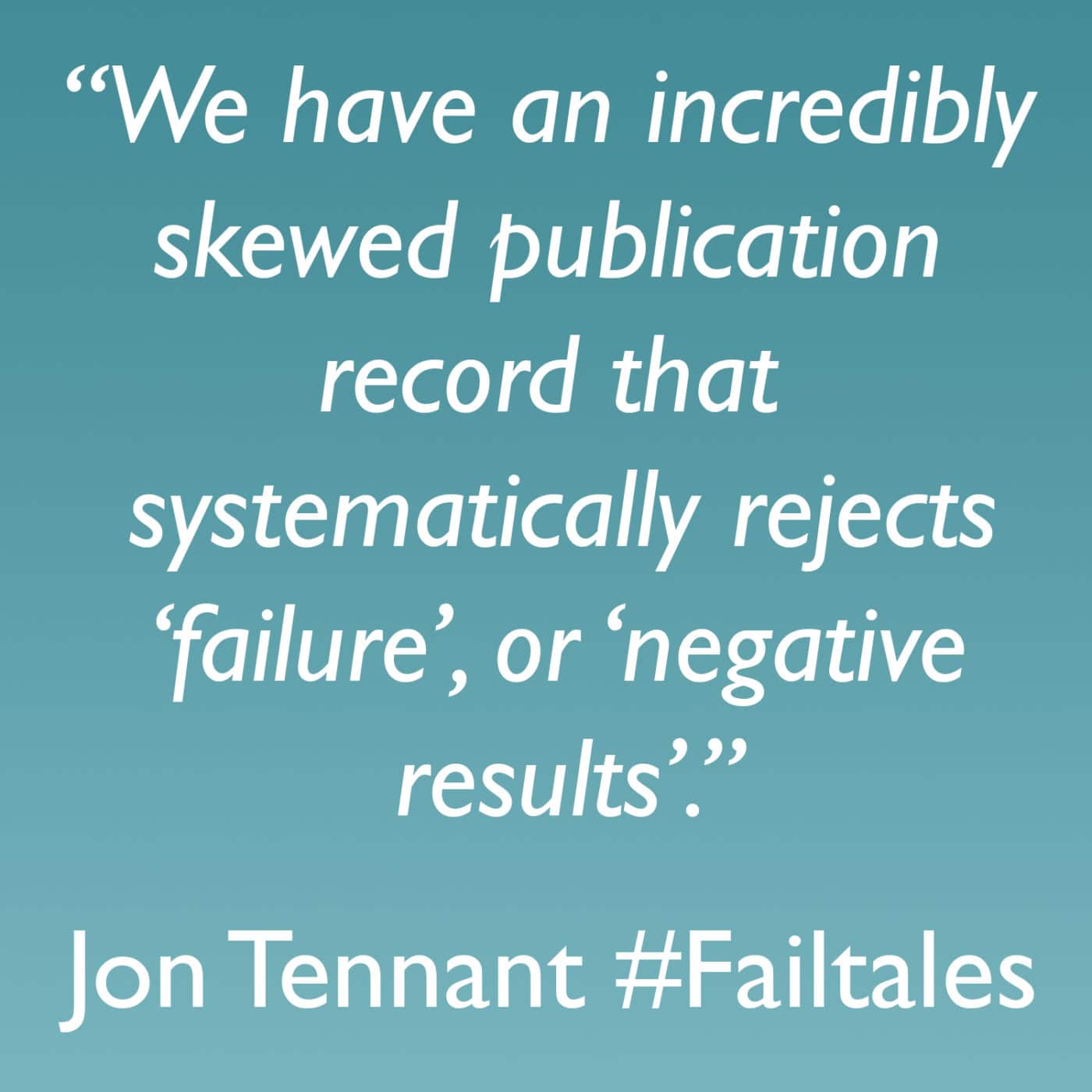
Blending the traditional manuscript with live code, data and interactive figures, eLife showcases a new way for researchers to tell their full story.

Many papers in basic biomedical science do not contain the information that is needed to determine what statistical tests were used and to verify the results of these tests.
Social science has an image problem - too many findings don't hold up. A new project will crank through 30,000 studies to try to identify red flags.
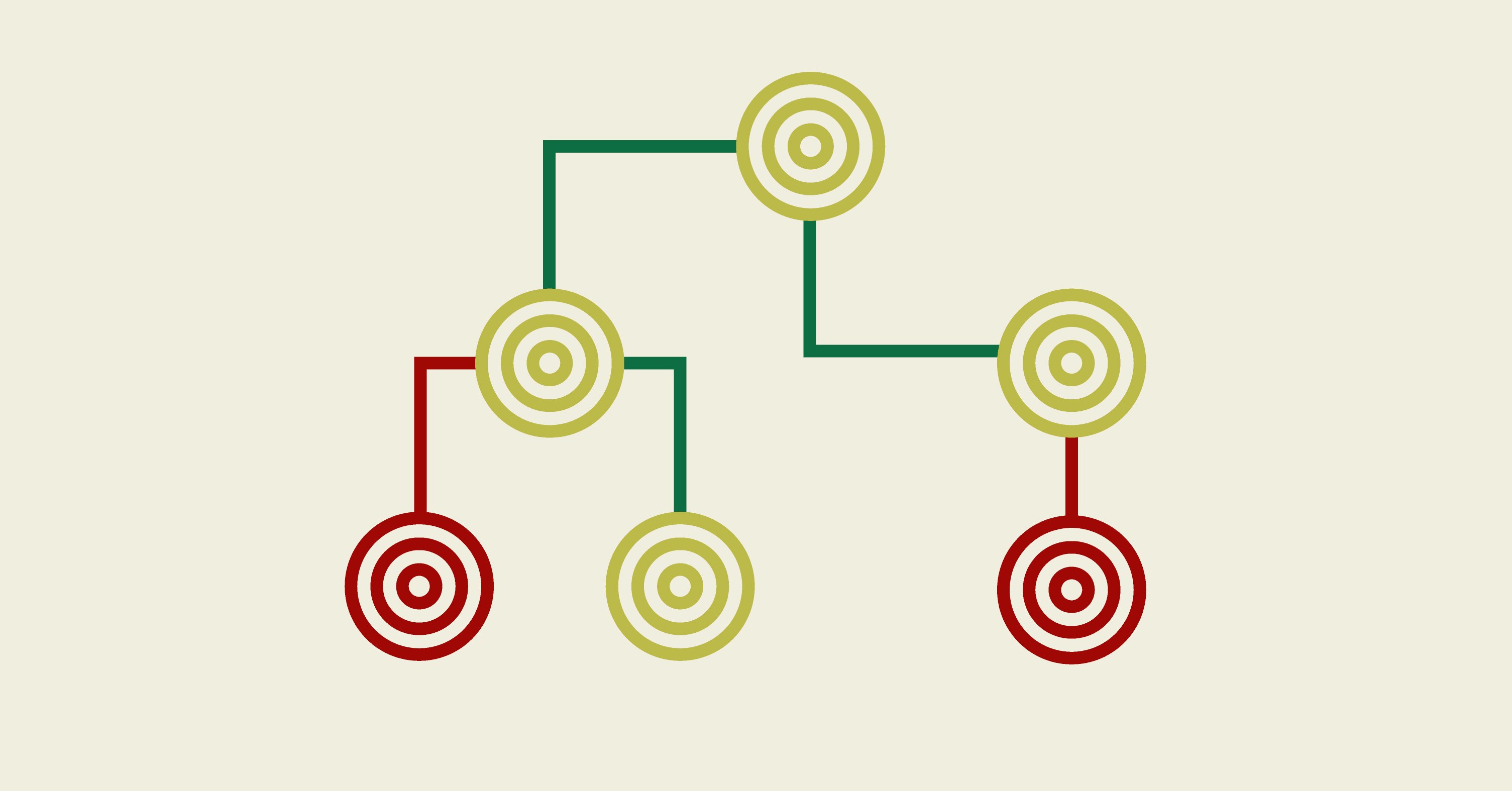
A US project is exploring the use of software to assign confidence levels to published research.
Unlike most faulty research practices, fraud actively evades detection. It is also overlooked because the scientific community has been unwilling to have frank and open discussions about it.
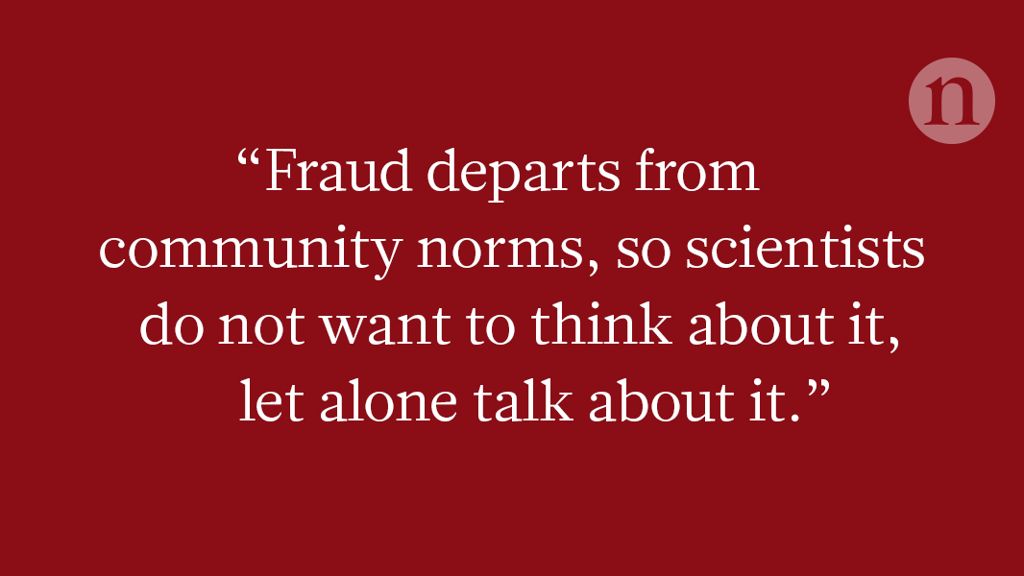
The Center for Open Science (COS) has been selected to participate in DARPA’s new program Systematizing Confidence in Open Research and Evidence (SCORE).
A project to assess the reproducibility of findings in biomedical science by researchers based in Brazil has been published.
Science that is robust and reproducible will stimulate economic growth and social benefits, argue Marcus Munafò and Neil Jacobs

The potential costs for early-career researchers in adopting practices to improve reproducibility as well as ways in which they can nontheless achieve their career goals.

While 18,000 retractions may sound like a lot, that amount is clearly just a fraction of the total number of papers that are a problem, as surveys indicate.
Australian cancer researcher Glenn Begley who raised attention to the fact that many published scientific findings cannot be reproduced ,says that he never described it as a replication crisis, beacuse if one takes the funding from the lazy scientists and give it to really good scientists, it is an innovation opportunity.

In the 21st Century, research is increasingly data- and computation-driven. Researchers, funders, and the larger community today emphasize the traits of openness and reproducibility. In March 2017, 13 mostly early-career research leaders who are building their careers around these traits came together with ten university leaders (presidents, vice presidents, and vice provosts), representatives from four funding agencies, and eleven organizers and other stakeholders in an NIH- and NSF-funded one-day, invitation-only workshop titled “Imagining Tomorrow’s University.” Workshop attendees were charged with launching a new dialog around open research – the current status, opportunities for advancement, and challenges that limit sharing.
The workshop examined how the internet-enabled research world has changed, and how universities need to change to adapt commensurately, aiming to understand how universities can and should make themselves competitive and attract the best students, staff, and faculty in this new world. During the workshop, the participants re-imagined scholarship, education, and institutions for an open, networked era, to uncover new opportunities for universities to create value and serve society. They expressed the results of these deliberations as a set of 22 principles of tomorrow's university across six areas: credit and attribution, communities, outreach and engagement, education, preservation and reproducibility, and technologies.
Psychology’s replication crisis has changed the field. Today, authors are voluntarily posting their data, replication attempts are published in top journals, and researchers are increasing their sample sizes and committing to data collection and analysis plans in advance.
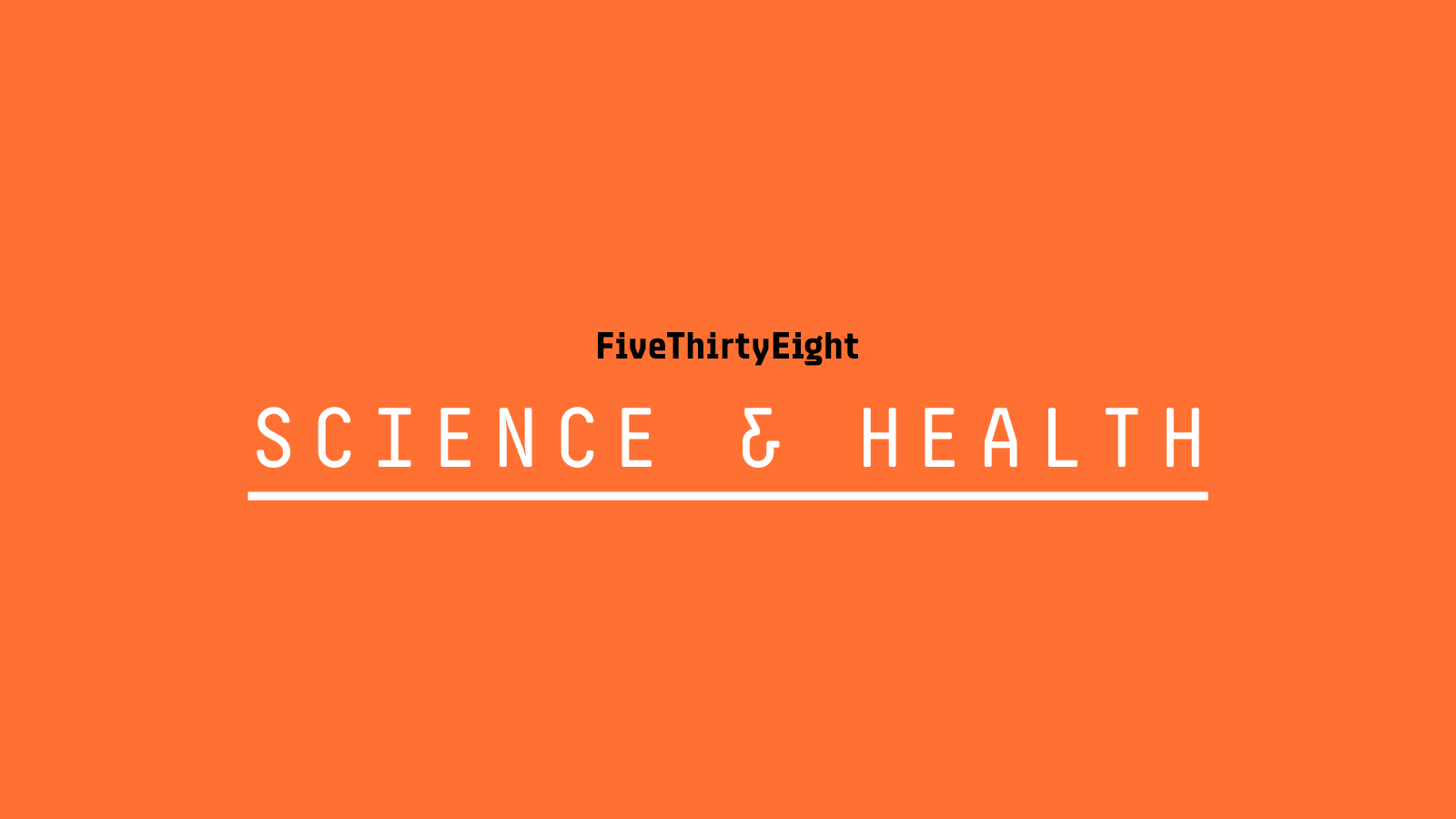
Any scientist publishing a claim should quantify their confidence in it with a probability, argues Steven N. Goodman.
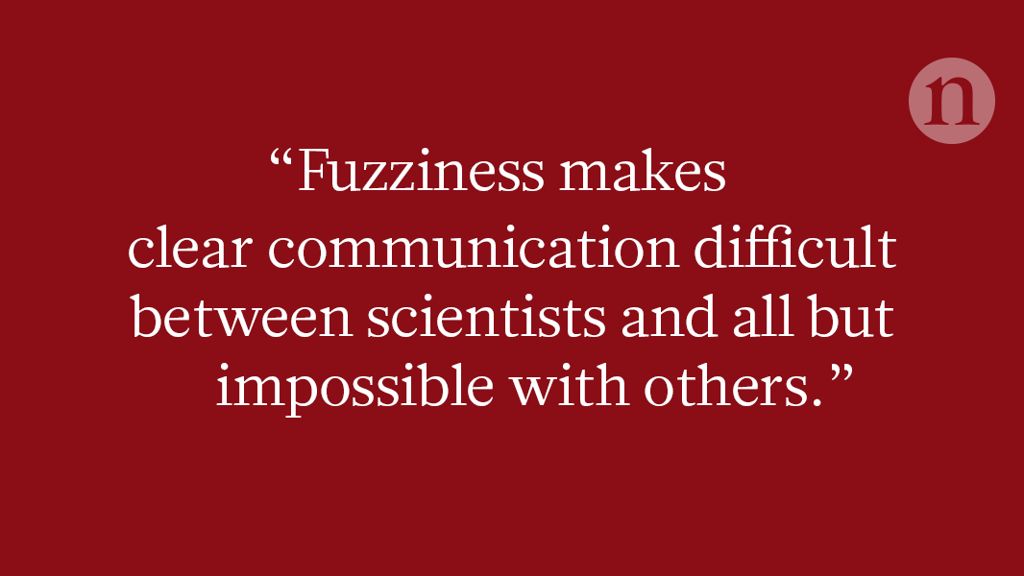
Science is mired in a "replication" crisis. Fixing it will not be easy.
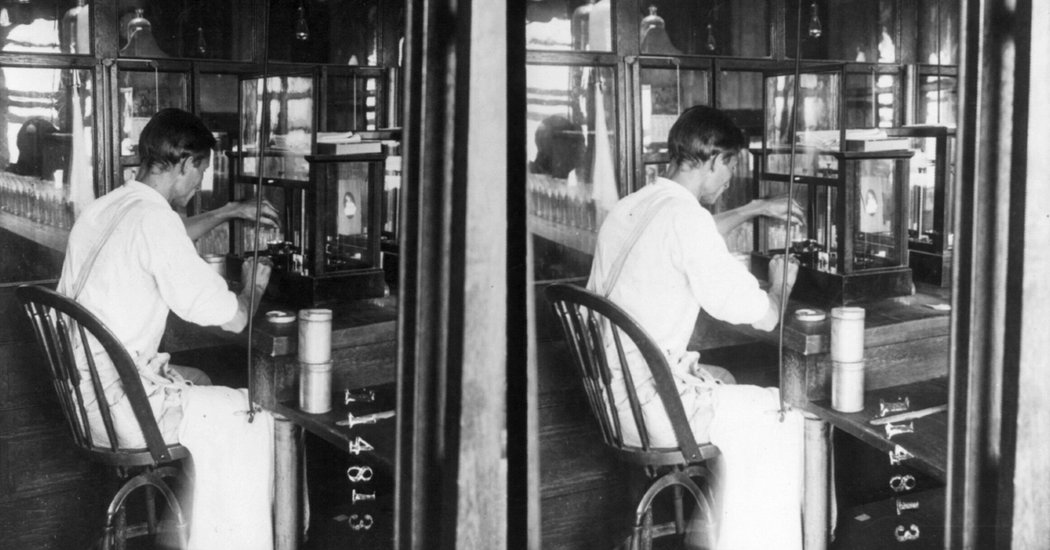
A team of 186 researchers conducted replications of 28 classic and contemporary findings in psychology.
Another big project has found that only half of studies can be repeated. And this time, the usual explanations fall flat.

Progress has been made towards reducing the 85% of wasted effort in medical research-and the huge amounts of money misspent and harm caused to patients - but there's still a long way to go, say Paul Glasziou and Iain Chalmers.

A paper arguing that the uncritical pursuit of reproducibility as an overarching epistemic value is misleading and potentially damaging to scientific advancement.
Researchers should embrace negative results instead of accentuating the positive, which is one of several biases that can lead to bad science.

Declaring in advance what you're going to study, and how, helps avoid p-hacking and publication bias.
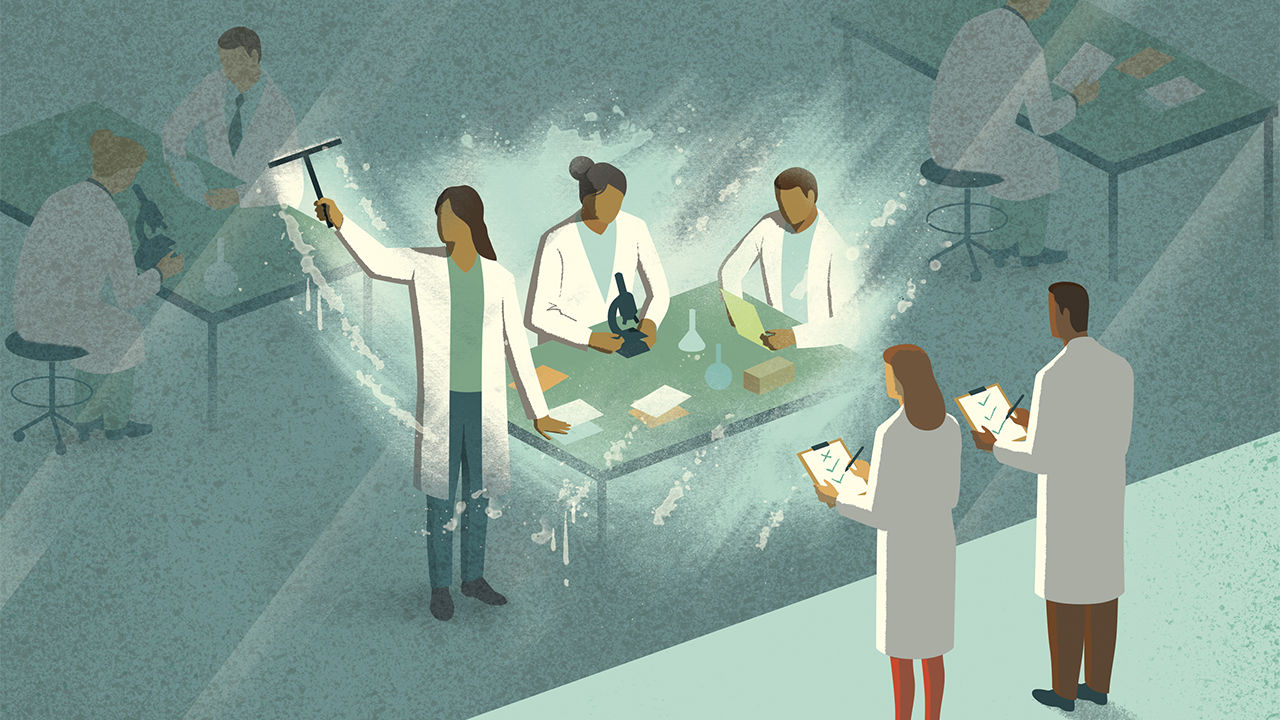
Collaboration across institutes can train students in open, team science, which better prepares them for challenges to come.
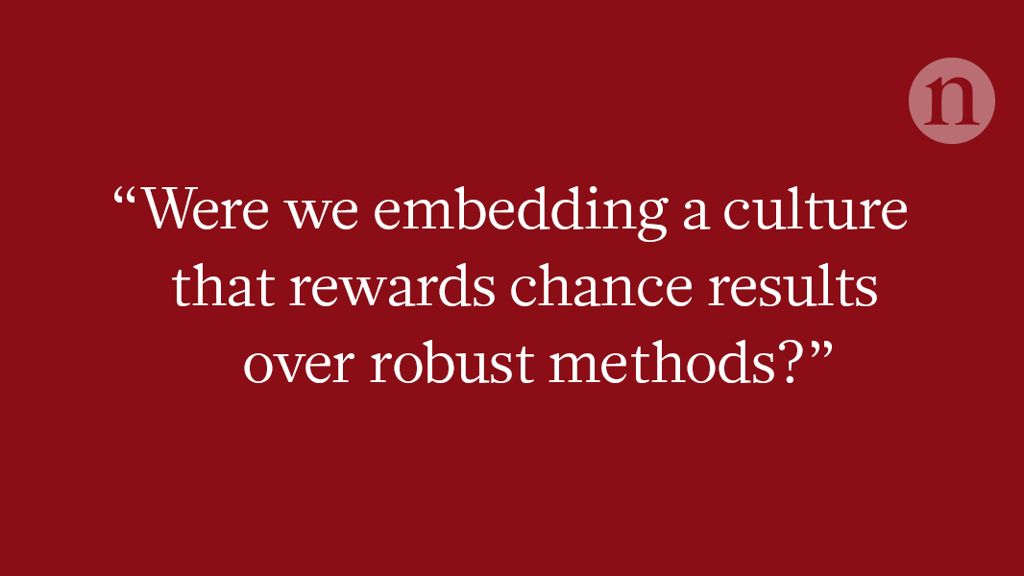
Experts are good at betting which scientific experiments can replicate despite some studies not being repeatable.
Researchers replicated 62% of social-behaviour findings published in Science and Nature - a result matched almost exactly by a prediction market.
Scientists and the design of experiments under scrutiny after a major project fails to reproduce results of high profile studies.

A strategic kick-off workshop on Reproducibility and Replication with the goal to define the optimal set-up of the activities of the newly opened Center for Reproducible Science (CRS) at the University of Zurich.
A look at the journey psychology has made toward becoming a robust and mature science.
